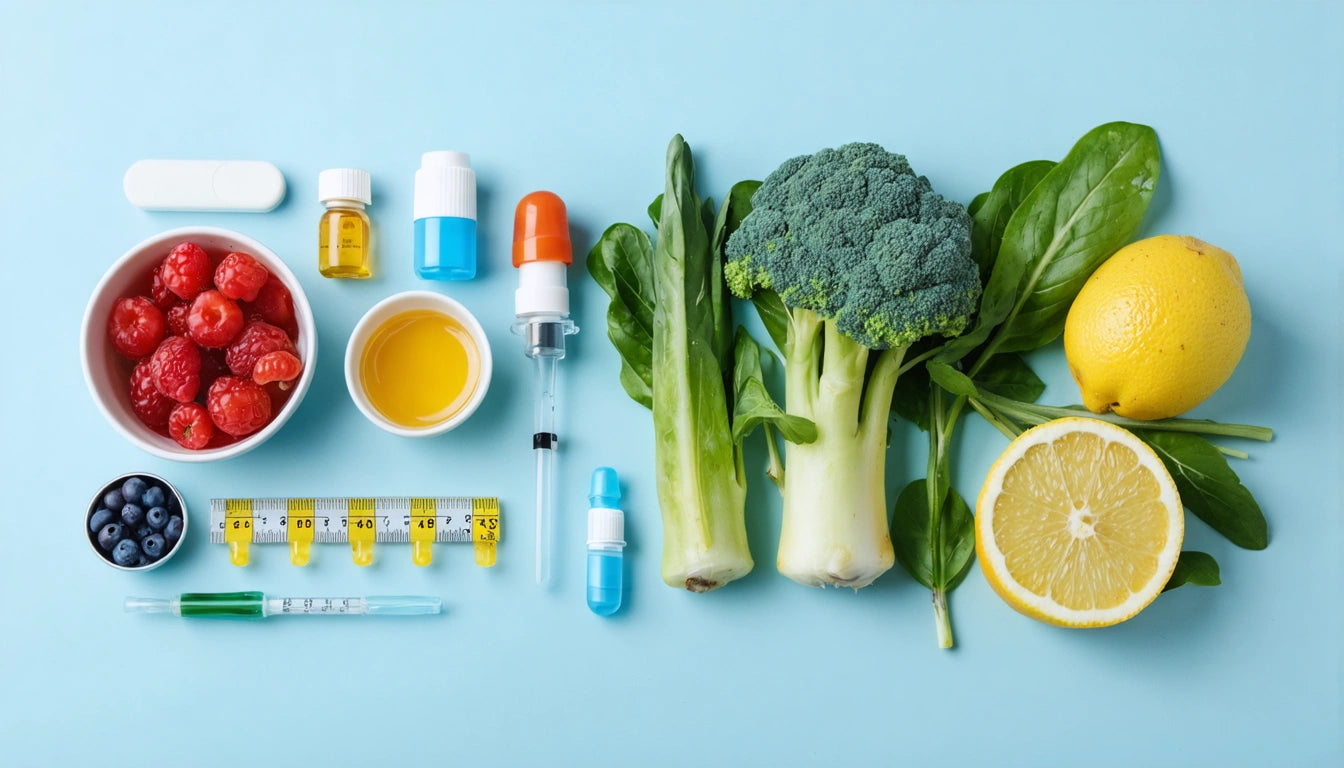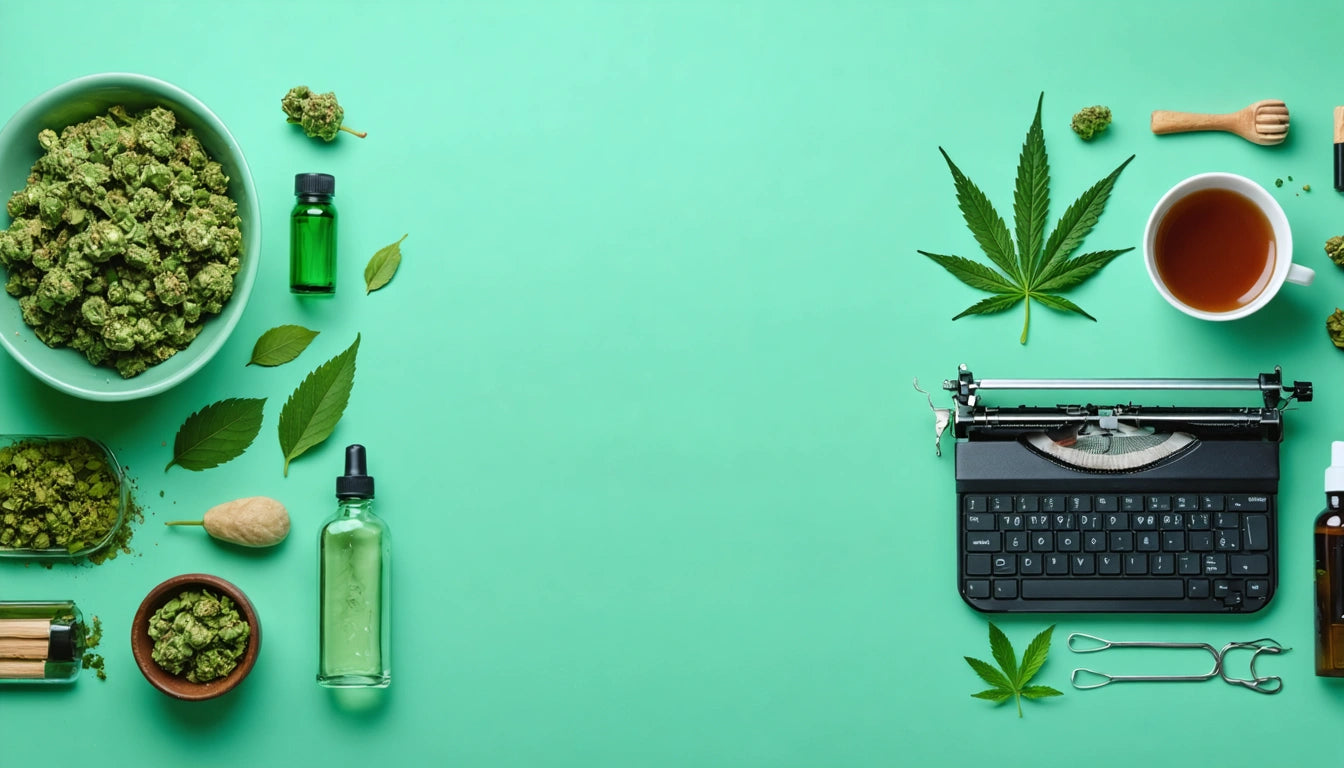Table of Contents
What to Eat and Avoid Before a Urine Test
Urine tests are common diagnostic tools used for various purposes, from routine medical checkups to employment screenings. What you eat and drink before providing a sample can significantly impact the results. Understanding proper preparation can help ensure accurate readings and prevent the need for retesting.
General Guidelines for Eating Before a Urine Test
The question "can I eat before a urine test" is common among patients. For most standard urine tests, you can eat normally, but certain specialized tests may require dietary restrictions. Always follow specific instructions provided by your healthcare provider or testing facility.
For routine urinalysis, there are typically no strict dietary restrictions. However, certain foods and beverages can affect urine color, concentration, and chemical composition, potentially influencing test results.
Standard Urinalysis Preparation
- Maintain normal eating patterns unless specifically instructed otherwise
- Stay adequately hydrated (but avoid overhydration)
- Inform your provider about any medications, supplements, or vitamins you're taking
- Follow any specific instructions regarding morning or random samples
Foods to Eat and Avoid for Medical Urine Tests
Different medical urine tests may require specific dietary preparations. For example, a 24-hour urine collection test often comes with strict guidelines about what foods to avoid for a 24-hour urine test.
For Protein Tests
When testing for protein levels in urine:
- Avoid: Strenuous exercise before the test, as it can temporarily increase protein levels
- Eat: Normal balanced meals, unless instructed otherwise
For Glucose Tests
When testing for glucose or diabetes markers:
- Avoid: High-sugar foods and beverages before the test
- Eat: Balanced meals with moderate carbohydrates
For 24-Hour Urine Collection
These comprehensive tests often have specific requirements:
- Avoid: Vitamin C supplements, which can interfere with certain tests
- Avoid: Foods high in certain substances being tested (your doctor will provide specific guidance)
- Eat: Normal diet unless specifically restricted
Always consult with your healthcare provider about specific dietary restrictions for specialized urine tests. General guidelines may not apply to your particular situation.
Dietary Considerations for Drug Testing
For drug screenings, dietary choices can sometimes affect results or detection windows. According to research on eating and drinking before drug tests, certain foods can impact how quickly substances are metabolized.
Foods That May Affect Drug Test Results
- Poppy Seeds: Can trigger false positives for opiates
- Hemp Seeds/Oil: May potentially cause THC test concerns
- Certain Teas: Some herbal teas contain compounds that might affect results
- CBD Products: Some may contain trace amounts of THC
Proper handling of test samples is crucial for accurate results. This includes using appropriate containers with secure packaging features similar to those used for sensitive materials, ensuring sample integrity throughout the testing process.
Hydration and Fluid Intake Guidelines
Proper hydration is important before a urine test, but overhydration can dilute the sample. Guidelines for drinking water before tests suggest moderate fluid intake.
Recommended Approach to Hydration
- Drink normal amounts of water (typically 1-2 glasses) 2-3 hours before the test
- Avoid excessive water consumption, which can dilute urine
- Be aware that dehydration can concentrate urine and potentially affect results
Beverages to Avoid
Some beverages can impact test results:
- Alcohol: Should be avoided for 24-48 hours before testing
- Caffeinated drinks: Coffee and other caffeinated beverages can act as diuretics
- Colored drinks: Beverages with artificial colors might affect visual assessment
Timing Your Meals Before Testing
When considering can you eat before a urine test, timing is important. For most standard tests, eating a normal meal 1-2 hours before is acceptable. However, for specialized tests, timing recommendations may vary.
General Timing Guidelines
- Morning tests: Light breakfast is usually acceptable unless fasting is required
- Afternoon tests: Normal meals throughout the day are typically fine
- 24-hour collections: Follow specific dietary instructions throughout the collection period
For drug testing specifically, timing strategies may be provided by testing facilities to ensure optimal sample collection.
Practical Preparation Tips for Accurate Results
Beyond dietary considerations, several practical steps can help ensure accurate urine test results:
- Disclose all medications and supplements to your healthcare provider
- Follow collection instructions precisely
- Avoid strenuous exercise before certain tests
- Understand how urine tests work to better prepare
- Take necessary precautions as advised by healthcare professionals
Remember that specific test requirements vary widely. When in doubt about what to eat before a urine test or whether you can eat before a urine test at all, always consult with your healthcare provider for personalized guidance.
By following proper preparation guidelines, you can help ensure your urine test provides accurate results, potentially avoiding the need for retesting and helping healthcare providers make informed decisions about your health or compliance status.











Leave a comment
All comments are moderated before being published.
This site is protected by hCaptcha and the hCaptcha Privacy Policy and Terms of Service apply.